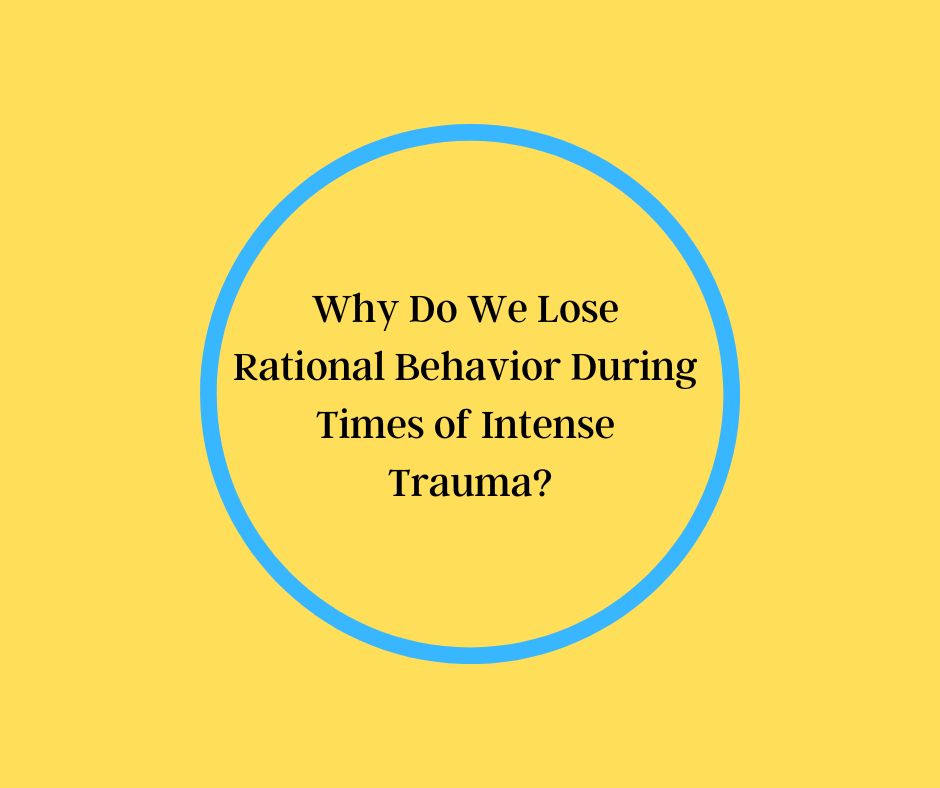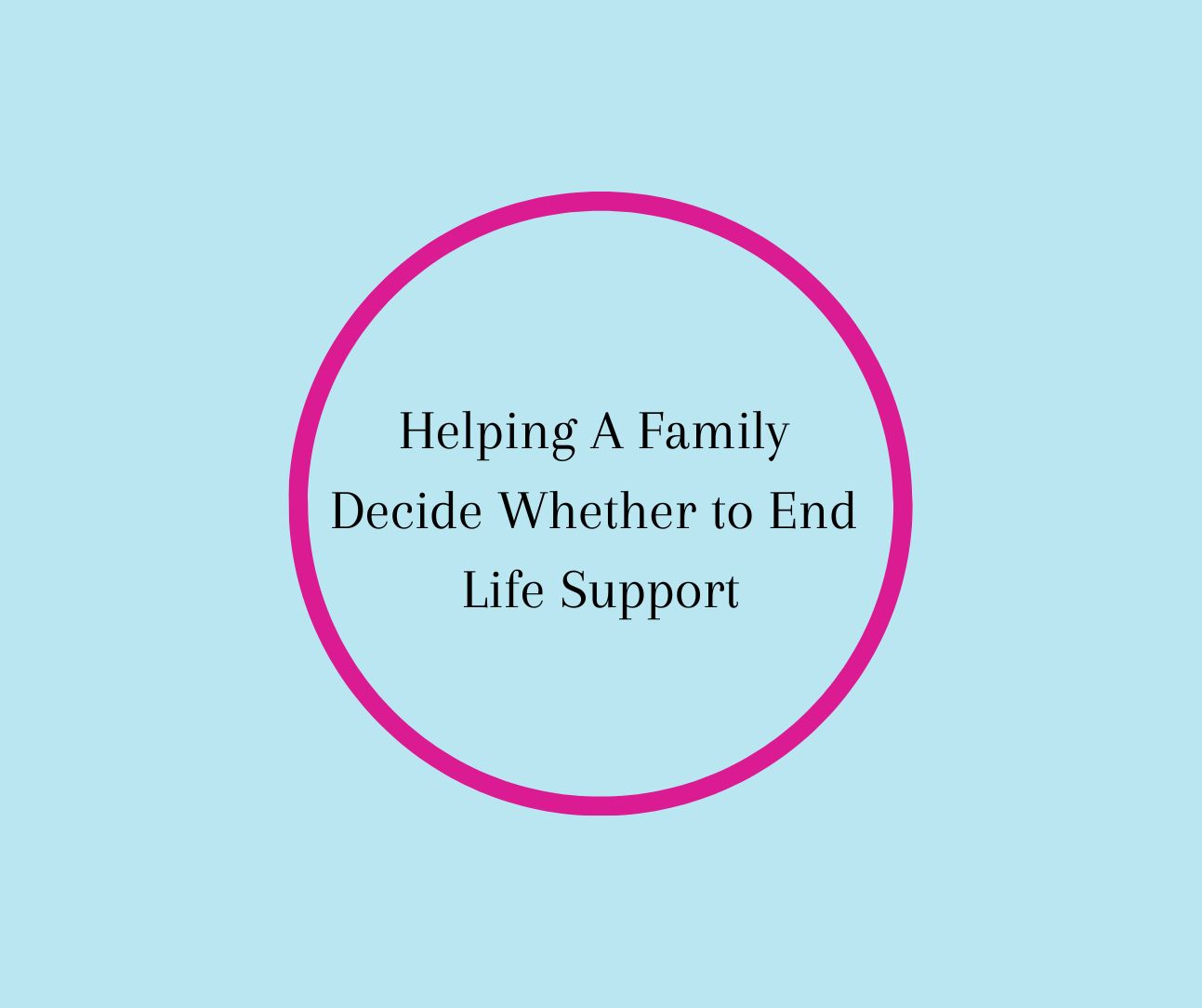I got a letter telling me that we, healthcare professionals and doctors, should not tell people they are going to die. The letter got me thinking about why I believe a person should be told, and also wondering if there are indeed people that don’t want to know.
Let’s start with people that don’t want to be told they can’t be fixed, that death is in their near future. If you don’t want to be told that kind of information then you definitely need to have an Advanced Directive stating your wishes. You need to have “the talk” with your general physician and with your family. If you don’t want to know the seriousness of a medical condition you need to have plans in place BEFORE you need them. Most physicians will at least indirectly tell their patients when treatment is not working.
Now, why do I believe a person should be told they can’t be fixed, that they have a medical condition or situation that will lead to death?
Number one, we are all going to die at some point. Of course the operative words here are “at some point.” If we are told death will be the outcome of a particular situation or condition, we are given the opportunity to do and say that which needs to be done and said.
As healthcare workers dealing with approaching death, our job is to provide honest, appropriate information to patients and their significant others. We need to give them the opportunity to address the final part of their lives, to give them an opportunity to put their "house in order.” We are doing our patients a disservice by not telling them medicine has given them all it has to offer.
I included significant others in the above paragraph; however the Health Insurance & Accountability Act (HIPAA) requires doctors and their staff to keep patients' medical records confidential unless the patient allows them to disclose. This can be a hurdle for families.
Most of us either live in the past or the future, few of us live in the present. The past is a memory and the future is an idea —— only the present is real. To be told “we can’t fix you. Death will be here sooner rather than later” gives the opportunity, the gift, to recognize our present, to live in our present and to make our moment to moment living meaningful.
You’ve heard the term “Bucket List.” We can fulfill our Bucket List. We can amend relationships, watch the sunrise and sunset, and appreciate what being alive is about. I have so many stories of wishes being fulfilled—-the last trip to Las Vegas, the “camper trip” to the Lake of the Ozarks, a shipment of crawdads from New Orleans, a family reunion… These are stories of opportunities that would have been missed if they thought they had tomorrow, or next week or even next year. Not sharing our final moments can be considered, literally, a waste of time.
You’ve heard me use Doctor Bob’s term Precious Time. By not telling someone their life will come to an end sooner rather than later we have robbed them and their special people of their precious time.
Something More... about Why I Believe a Person Should Be Told They Can't Be Fixed
When a person receives the diagnosis of a life-threatening illness, life as they know it ceases. They find themselves in uncharted territory with no script to follow. Too often they withdraw from the world, as if they have already died. All activity becomes centered on their living with disease and its treatment. Fear and uncertainty replaces confidence and self identity. The joys of living are more or less put on hold while living as long as possible is pursued.
My booklet, A Time to Live: Living with A Life-Threatening Illness honors whatever life prolonging choices are being made while at the same time suggesting we look at the gifts life offers each day. It is part of the 5 book bundle, End of Life Guideline Series: A Compilation of Barbara Karnes Booklets








7 comments